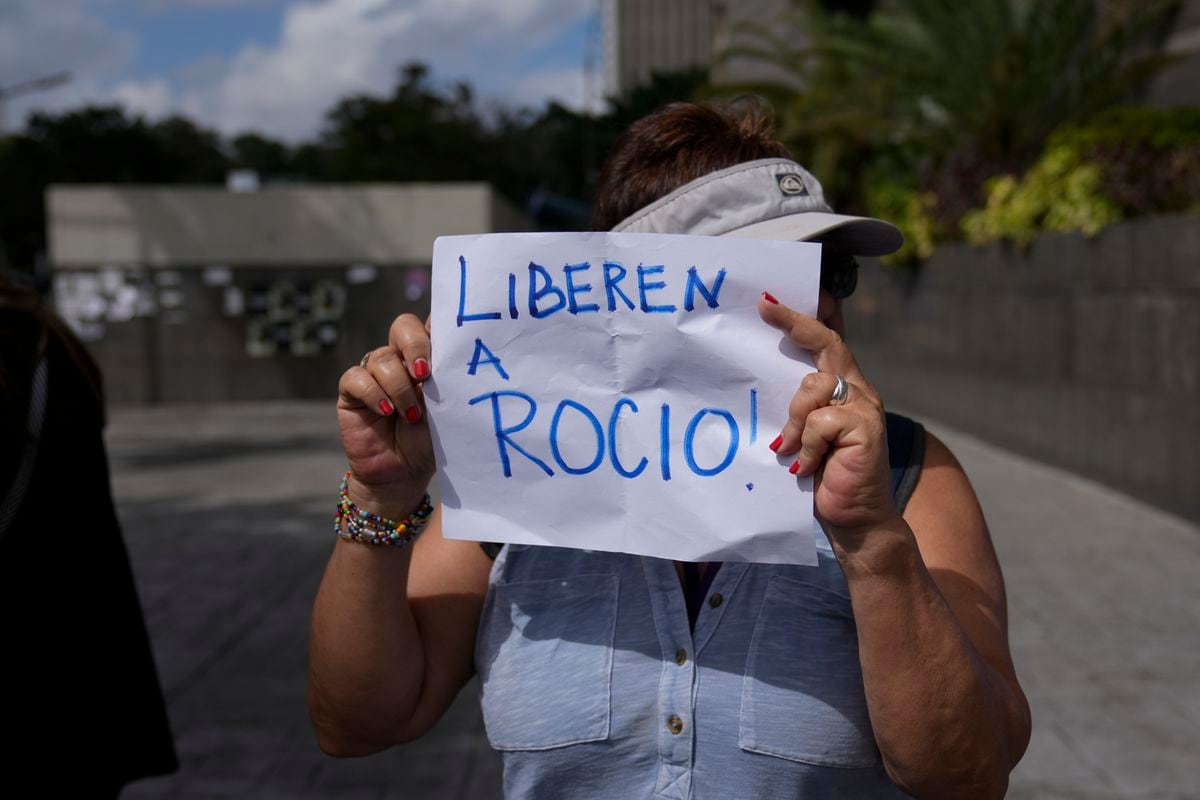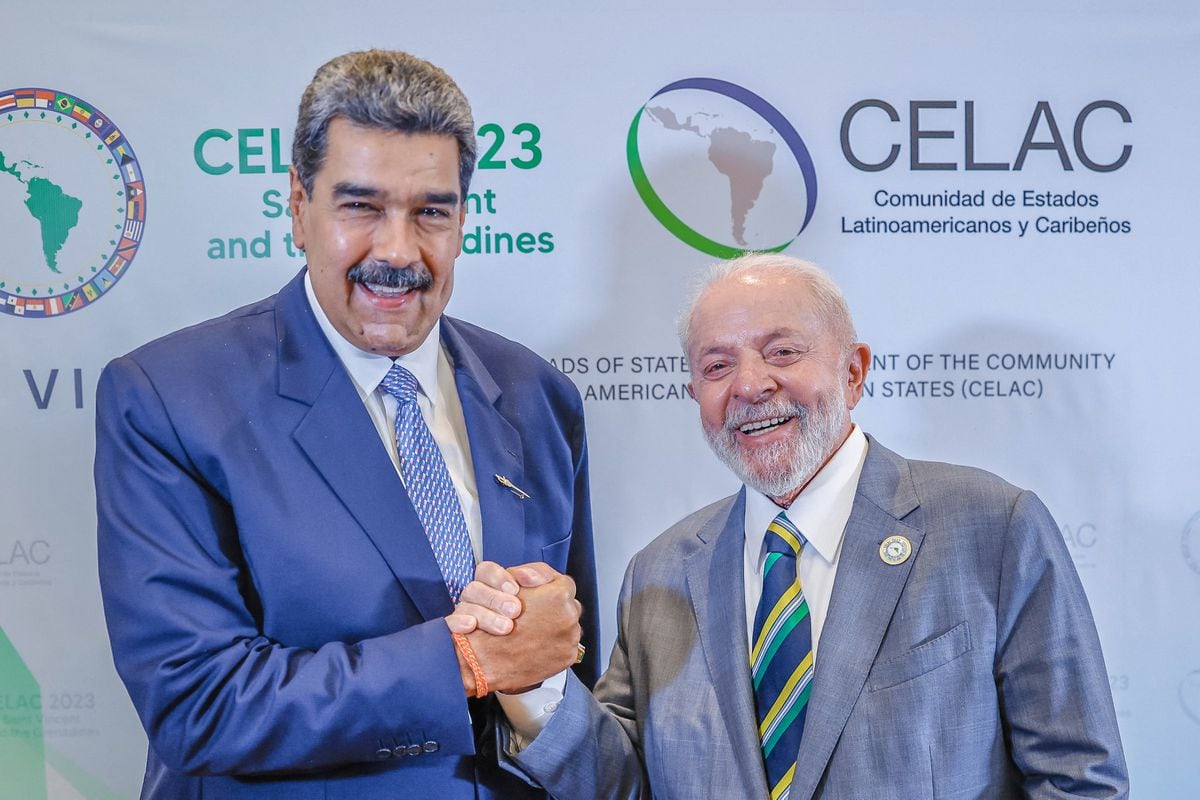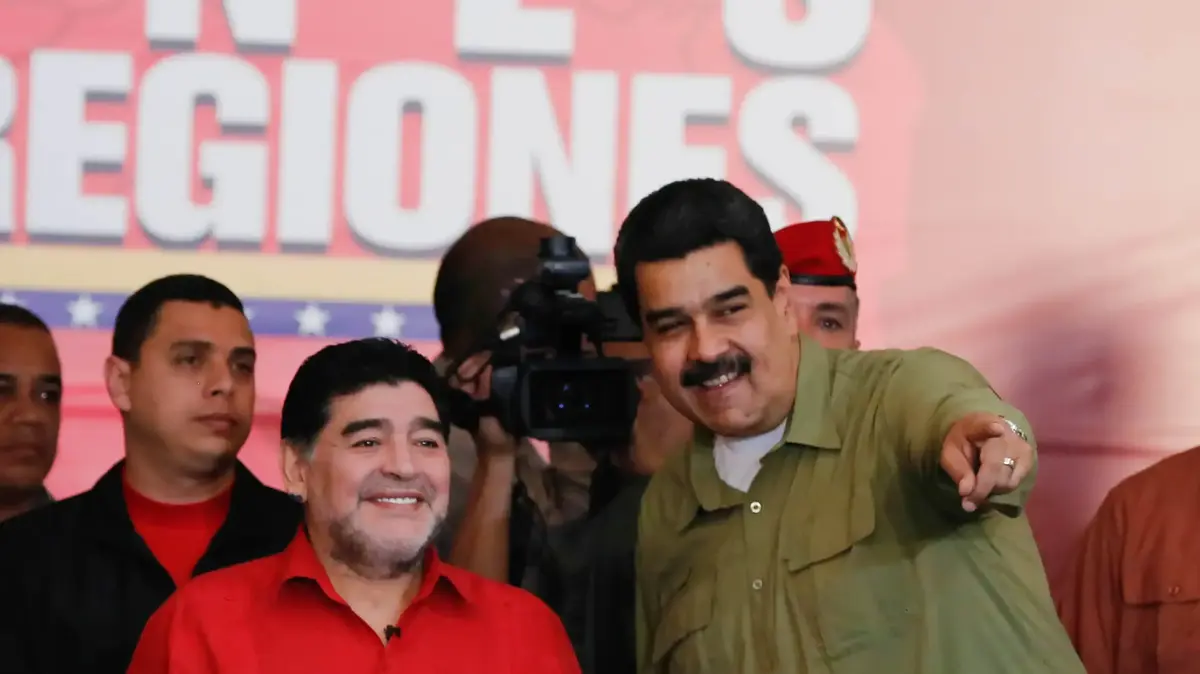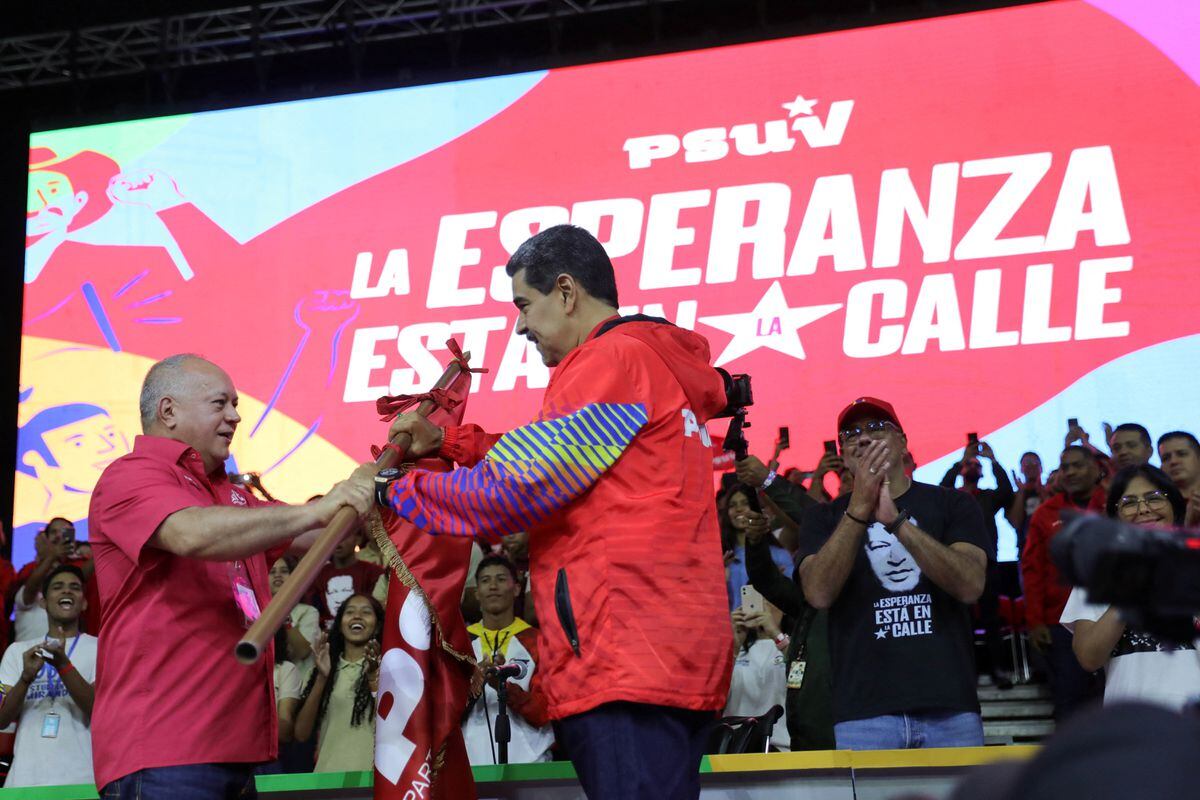The president of Venezuela during a ceremony in Caracas, on April 21 Press Miraflores / Prensa Miraflores / EFE
Venezuelan NGOs must register with the National Office against Organized Crime and Terrorism Financing.
As of May 1, they will have to provide the names of their members, their sources of financing and bank movements, and a list of their associated organizations.
The norm, already in force, is a step by Chavismo to corner the NGOs, which have played a fundamental role in documenting and denouncing the human rights crisis that the South American country is experiencing.
During the last year, these documents prepared by Venezuelan civil society resonated in the denunciation reports produced by the United Nations and the International Criminal Court.
More information
The Patria System, a new structure of social control in Venezuela
The UN World Food Program will feed 185,000 children in Venezuela
The regulations came into force with discretion, without major public discussions or official dissemination.
The registration request is based on the presumption that non-profit associations and NGOs can commit crimes such as terrorism, more than 700 organizations that request the annulment of the regulations indicate in a statement.
The operation of these entities is now subject to government certification.
Amnesty International has joined the alert on the situation of NGOs, which this Friday launched an urgent global action to denounce the measure. This is not the only threat in sight. As happened in Nicaragua in 2020, the Government of Nicolás Maduro is preparing a law - through the National Assembly elected in the disputed December elections - to regulate foreign cooperation, another way to introduce controls. The project has already been presented to the Legislature for discussion.
The Government has been persecuting foundations incorporated into the distribution of humanitarian aid for years. Medication seizures, headquarters raids, arrests and, more recently, bank account freezes are normal. The NGOs that have suffered the most harassment carry out social work providing food and medication to chronic patients and people with HIV.
"The bases of the principle of free association are being changed, as this new instance will issue a certificate that will allow the legal representative of the associations to exercise their functions, subjecting the operation to the permission of the Government," explains lawyer Alí Daniels, director of Access to Justice. "The legal ruling also establishes
on-site
visits
to verify the validity of the information provided, which represents a real danger of exposure for the victims." The main concern shared by NGOs is the disclosure of the beneficiaries, who often suffer from human rights violations and are therefore protected by confidentiality agreements.
Daniels stresses that international legislation on the fight against illegitimate capital must not interrupt or discourage the work of those who fight for human rights.
NGOs in Venezuela have acted as a bloc and turned to representatives of the United Nations to press for the repeal of the law.
The main spokesperson against the NGOs comes from Diosdado Cabello, a deputy in the new National Assembly and number two in Chavismo.
This week, in his television program, Cabello said that "there are many of them linked to destabilization programs, including terrorists."
“Stop the scandal.
Go to Colombia and do not register, and say where you get the money, "he said.
This pressure occurs at a time when the presence of humanitarian actors in the country is expanding, following authorization from the World Food Program, which will serve school children and which, like other United Nations offices, operates in cooperation with organizations of the civil society.
Subscribe here to the
EL PAÍS América
newsletter
and receive all the informative keys of the current situation in the region.

/cloudfront-eu-central-1.images.arcpublishing.com/prisa/SDNGLM6JK2C2XKWRNLELMTCPHQ.jpg)



/cloudfront-eu-central-1.images.arcpublishing.com/prisa/LAO4YH4MT6P5ML3EI33T7KEJIE.jpg)
/cloudfront-eu-central-1.images.arcpublishing.com/prisa/GQ7AFCK2OMNDZLULOZ7T5JPACM.jpg)


/cloudfront-eu-central-1.images.arcpublishing.com/prisa/F4LSK2ELHJHY3O7CGPILY5EUMA.jpg)